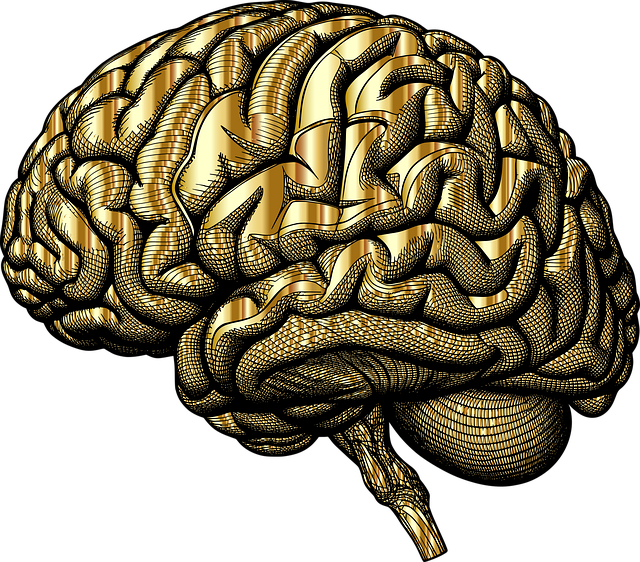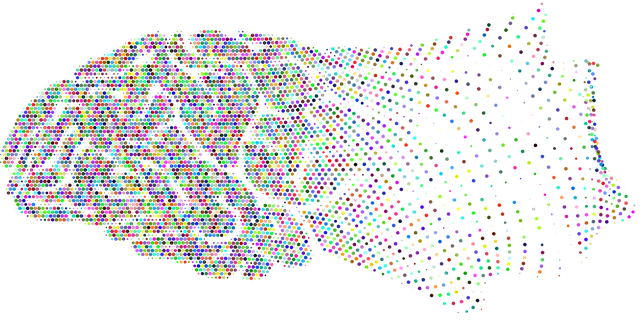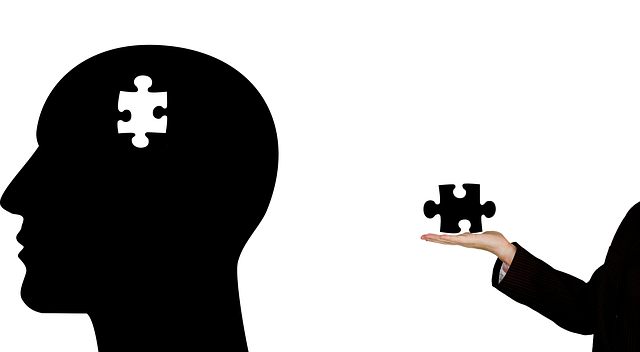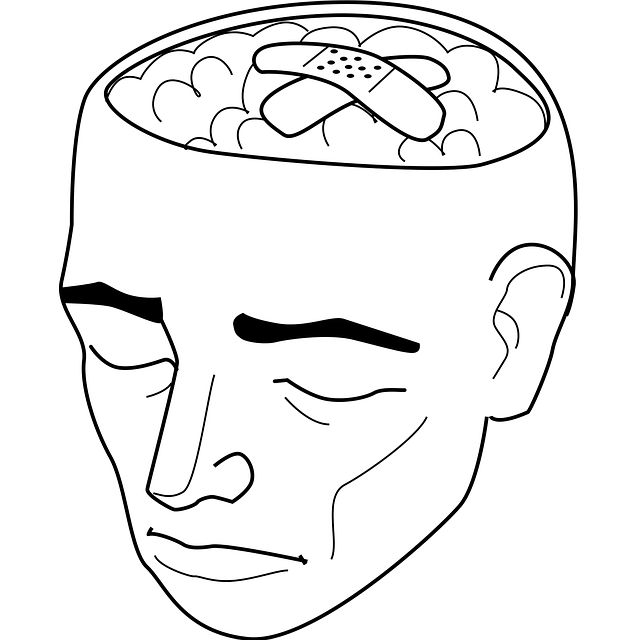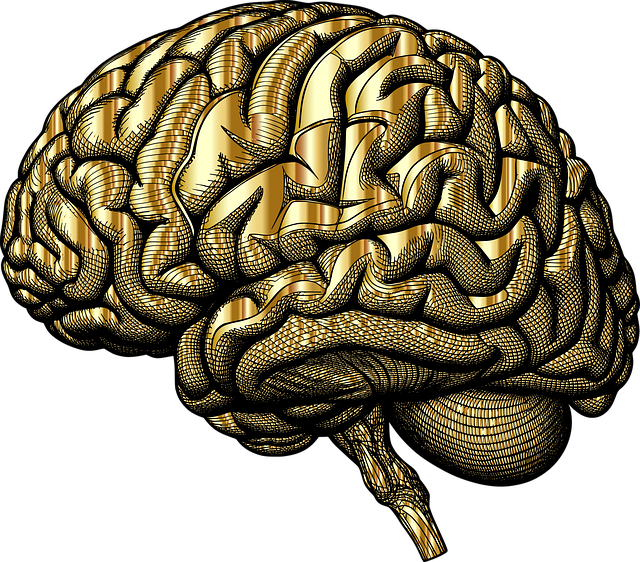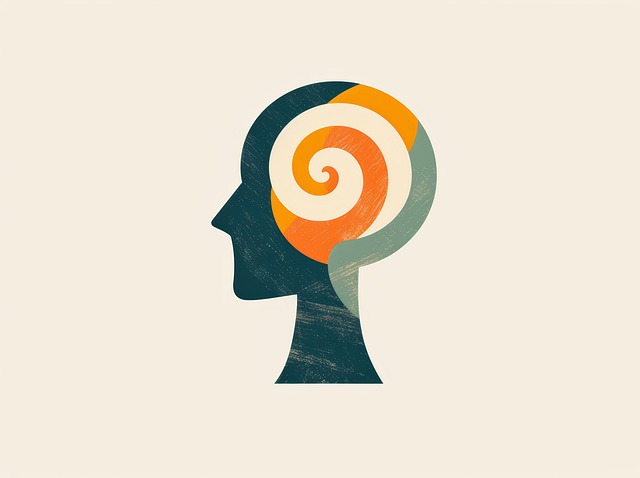In today's fast-paced world, mental health education is crucial. Colorado Springs' EMDR (Eye Movement Desensitization and Reprocessing) Certified Therapy emerges as a game-changer, effectively treating trauma and enhancing wellness through eye movements and cognitive techniques. A well-designed program combines interactive elements and evidence-based practices like Social Skills Training and Stress Management Workshops, catering to diverse learning styles. Incorporating cultural sensitivity, compassion cultivation, and expert workshops from Colorado Springs EMDR therapists ensures participants gain practical tools for emotional healing and improved mental wellness. Continuous planning, feedback, and public awareness campaigns further enhance program effectiveness.
In today’s digital era, mental health education is more crucial than ever. This comprehensive guide explores program design for fostering robust psychological well-being, with a focus on Colorado Springs as a model city. We delve into essential components like understanding mental health fundamentals and the integral role of EMDR Certified Therapy in effective treatment. By examining key curriculum elements and implementation strategies, this article offers insights to revolutionize mental health support in communities across Colorado Springs.
- Understanding Mental Health: A Foundation for Education
- The Role of EMDR Therapy in Colorado Springs
- Designing an Engaging and Effective Program
- Key Components of a Comprehensive Curriculum
- Implementation and Continuous Improvement Strategies
Understanding Mental Health: A Foundation for Education

In today’s fast-paced world, understanding mental health is more crucial than ever. Mental Health Awareness programs play a pivotal role in educating individuals about their minds and emotions, fostering a supportive environment that encourages open dialogue. By promoting early intervention and reducing stigma, these initiatives can significantly impact communities, especially in areas like Colorado Springs where EMDR Certified Therapy has shown to be an effective Trauma Support Service.
Program design should focus on creating a safe space for learning, incorporating interactive sessions, and leveraging resources such as Stress Management Workshops. This holistic approach ensures that participants gain practical knowledge and skills to navigate their mental health journeys effectively. Through these educational initiatives, communities can foster resilience, enhance coping mechanisms, and ultimately improve overall well-being.
The Role of EMDR Therapy in Colorado Springs

In Colorado Springs, EMDR Therapy has emerged as a powerful tool within mental health education programs. Eye Movement Desensitization and Reprocessing (EMDR) is a highly effective approach for treating trauma and improving overall mental wellness. Certified EMDR therapy in Colorado Springs integrates dynamic eye movements with cognitive techniques to help individuals process distressing memories and emotions, fostering healing and growth. This innovative method has revolutionized support for those facing post-traumatic stress disorder (PTSD), anxiety, depression, and other mental health challenges.
EMDR therapy focuses on enhancing emotional intelligence and building resilience through a structured eight-phase protocol. By targeting specific traumatic memories and beliefs, it enables individuals to reframe negative experiences, gain insight, and develop healthier coping mechanisms. This tailored approach complements traditional mental wellness coaching programs in Colorado Springs by addressing the root causes of distress, thereby boosting confidence and promoting lasting positive change.
Designing an Engaging and Effective Program

Designing an engaging and effective mental health education program requires a thoughtful, multi-faceted approach. Incorporating interactive activities, diverse learning styles, and real-world examples can significantly enhance participant engagement. In Colorado Springs, where EMDR Certified Therapy is widely accessible, programs that blend evidence-based practices like Eye Movement Desensitization and Reprocessing (EMDR) with engaging formats cater to a varied audience, ensuring deeper comprehension and lasting impact.
For optimal results, these programs should prioritize not only teaching theoretical concepts but also fostering practical skills. Social Skills Training, for instance, can be woven into the curriculum to promote emotional healing processes. By balancing educational content with experiential learning, participants gain not just knowledge but also tools they can immediately apply to their lives, ultimately contributing to improved mental wellness.
Key Components of a Comprehensive Curriculum

A comprehensive mental health education program should incorporate a diverse range of key components to effectively prepare individuals for navigating complex emotional landscapes. One such integral aspect is integrating evidence-based therapeutic techniques, such as Eye Movement Desensitization and Reprocessing (EMDR) certified therapy, which has proven effective in treating trauma and anxiety disorders. Colorado Springs EMDR certified therapists can serve as valuable resources, offering specialized knowledge to enhance the program’s depth and relevance.
Furthermore, fostering compassion cultivation practices within the curriculum is essential. These practices not only promote self-care but also equip individuals with the skills to offer empathetic support to others. Additionally, incorporating stress management workshops enables participants to develop coping strategies for everyday challenges. Cultural sensitivity in mental healthcare practice is another vital component, ensuring that the program caters to the unique needs and perspectives of a diverse range of individuals, ultimately making mental health education more inclusive and effective.
Implementation and Continuous Improvement Strategies

Implementing a mental health education program requires strategic planning and a commitment to continuous improvement. One effective approach is to leverage local resources, such as Colorado Springs EMDR Certified Therapy professionals, who can offer specialized insights and techniques. These experts can contribute to tailored workshops and seminars, ensuring content relevance and quality. Regular feedback sessions with participants are vital for gauging the program’s impact and identifying areas for enhancement.
Additionally, fostering a culture of ongoing learning through Public Awareness Campaigns Development can significantly broaden reach and impact. Promoting Self-Care Routine Development for Better Mental Health is another key strategy. By encouraging individuals to adopt healthy habits, such as mindfulness practices or stress management techniques, the program empowers participants to take charge of their mental well-being. This holistic approach not only benefits individuals but also contributes to a more resilient and supportive community overall.
Mental health education programs play a pivotal role in fostering well-being, especially in communities like Colorado Springs where access to EMDR certified therapy is invaluable. By incorporating key components such as comprehensive curriculum design and engaging strategies, we can create impactful learning experiences. Continuous improvement through implementation strategies ensures that these programs remain relevant and effective in addressing the ever-evolving mental health landscape. Through dedicated efforts, we can empower individuals with knowledge and skills to navigate their mental health journeys, ultimately enhancing overall well-being in Colorado Springs and beyond.


